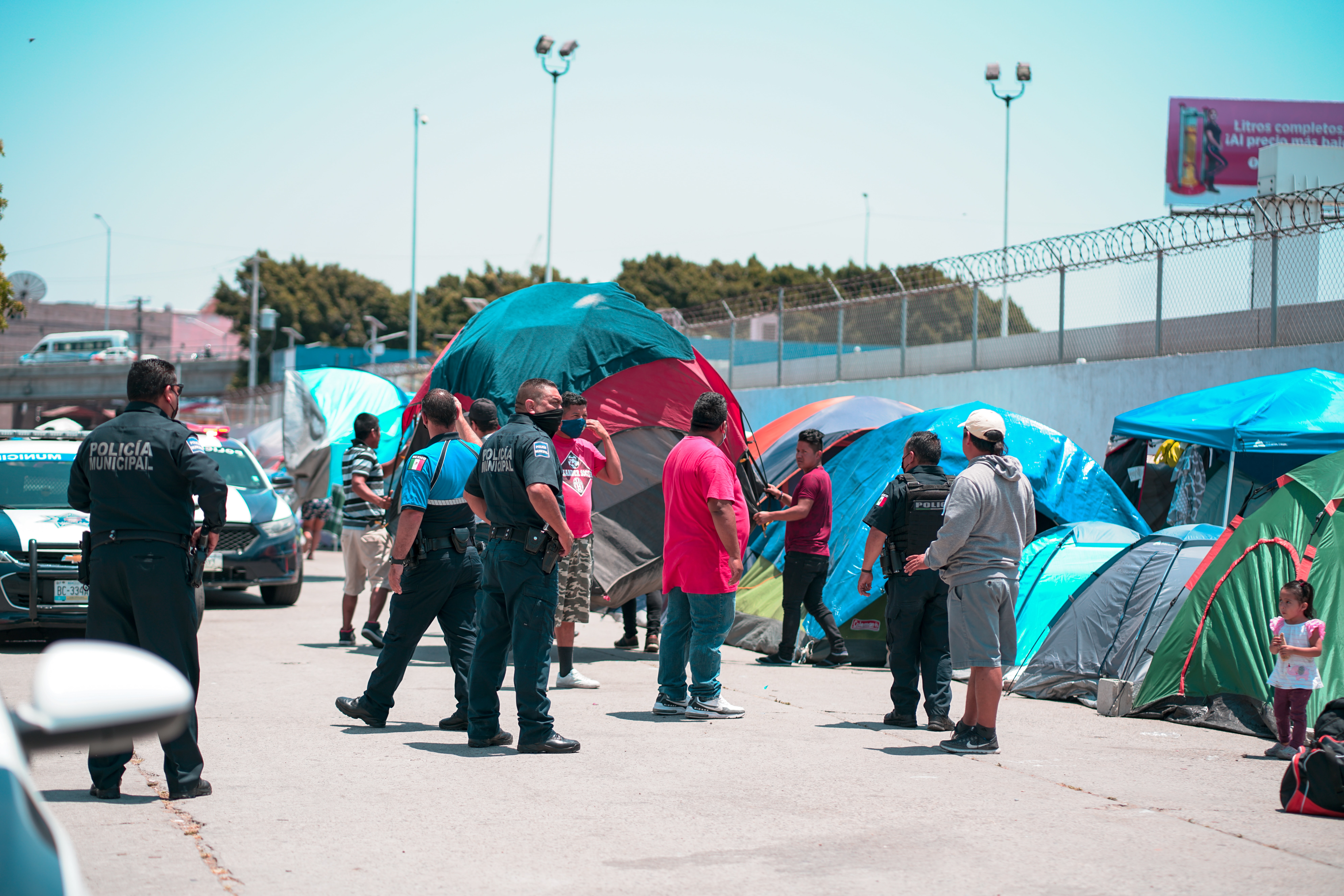Education and job integration to promote a more inclusive migration
Mexico and Germany join efforts to provide assistance to Guatemalan migrants and their labor and educational needs, through Triangular Cooperation.

According to Guillermo Fernández Maldonado, official of the Office of the United Nations High Commissioner for Human Rights (OHCHR) in Mexico, the COVID-19 pandemic and pre-existing inequalities in Latin-America and the Caribbean have deepened the structural causes that drive migration in the continent (Telesur, 2021).
One of the most dynamic sub-regions in terms of migration is Central-America where, according to the Migration Data Portal (2021), the following patterns can be identified: (1) outmigration from countries in the region to North-America; the United States being the main destination; (2) intraregional migration flows (migrants from countries in the region moving to other countries within the same region); the main destinations being Mexico, Belize, Costa Rica and Panama; (3) transit flows heading North across other countries of the region (mainly from the Caribbean, South-America, Asia and Africa); as well as (4) significant return migration flows mainly from the United States and Mexico to countries in northern Central-America (Honduras, Guatemala and El Salvador).
Regarding this last group of countries and specifically Guatemala, based on the analysis of the 12th Population Census and 7th Housing Census 2018, the International Organization for Migration, together with USAID and the United Nations Population Fund found that international migration in this Ibero-American country is mainly undertaken by young men from rural areas.
Precarious livelihoods and lack of opportunities are among the most remarkable causes that play a critical role in the decision to migrate. These aspects also become prioritized areas of attention for the national returnee population and for people coming from other countries (IOM and UNFPA, 2021). Indeed, Guatemala also receives migrants from other Ibero-American countries such as El Salvador and Nicaragua and has recently welcomed Venezuelans, Colombians and people from Arab countries (Castillo, B, 2019).
In light of this complex context at the regional level, international cooperation has great potential for a joint and multidimensional approach. As a result, Germany, Mexico and Guatemala identified the opportunity to establish a strategic partnership to address this need through the Fund for Triangular Cooperation with Latin-America and the Caribbean. In this sense, it is worth noting that this Fund aims to promote public policies for sustainable development in partner countries and, since 2010, has worked with 23 participating countries to facilitate joint and systematic learning on Triangular Cooperation’s possibilities and limits.
Based on this shared work, the Triangular Cooperation project Support for education and job integration for Guatemalan youth, adults and migrants (CEDUC by its Spanish acronym) was designed. Its implementation, expected from 2020 to 2023, combines strategies to motivate Guatemalans to stay in their country and works with the population that has already migrated but has decided to return for different reasons through the strengthening of training for work and the incorporation in labor markets.
According to GIZ (2021), the project carries out different activities in order to improve needs-based education and job integration for young people, adults and migrants in Guatemala; for example: the elaboration of educational material, technical training focused on entrepreneurship for teachers and cooperation with the private sector. On the other hand, Mexico provides its experience in this area by promoting an educational strategy to support returnees in Guatemala and, together with the recipient, exchanges experiences through workshops and courses to find innovative solutions to improve educational services, access to labor markets and to contribute to the generation of entrepreneurship.
The initiative is led by the German Federal Ministry for Economic Cooperation and Development (BMZ by its German acronym) as second provider; the Mexican Agency for International Cooperation for Development (AMEXCID by its Spanish acronym) as first provider; and the Secretariat for Planning and Programming of the Presidency of Guatemala (SEGEPLAN by its Spanish acronym) as recipient. In addition, it contributes to the alignment of Ibero-American cooperation to the achievement of SDG 4 Quality Education and SDG 10 Reduced Inequalities. To learn more about this project click on the following video produced by GIZ and AMEXCID:
January 2022
*
Source: Castillo, B. (2019), GIZ (2020) (2021), IOM and UNFPA (2021), Migration Data Portal (2021) and Telesur (2021).
Photograph: Barbara Zandoval on Unsplash

